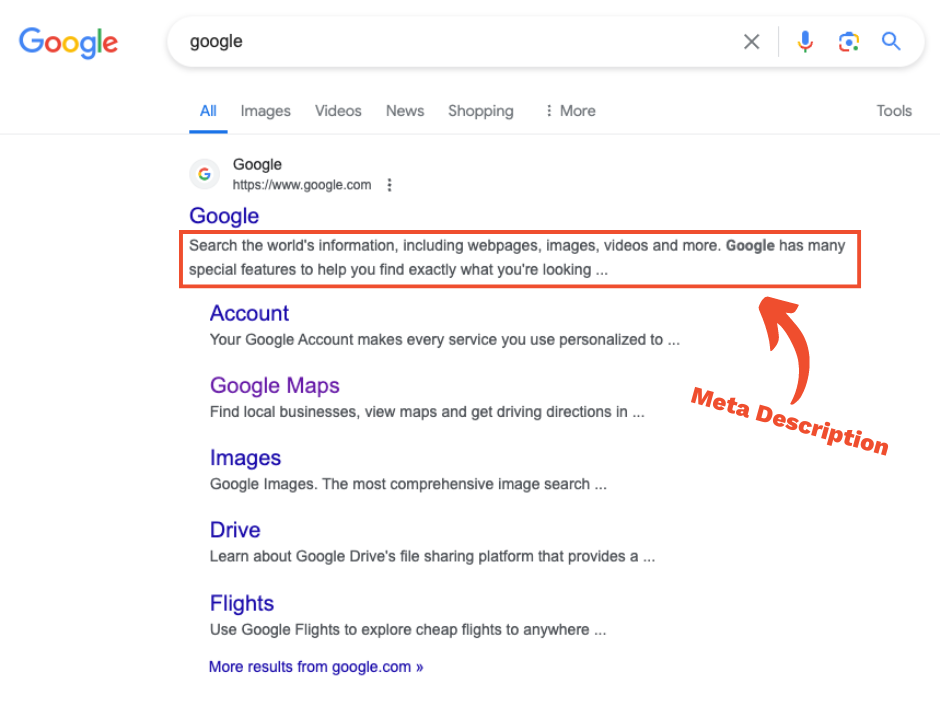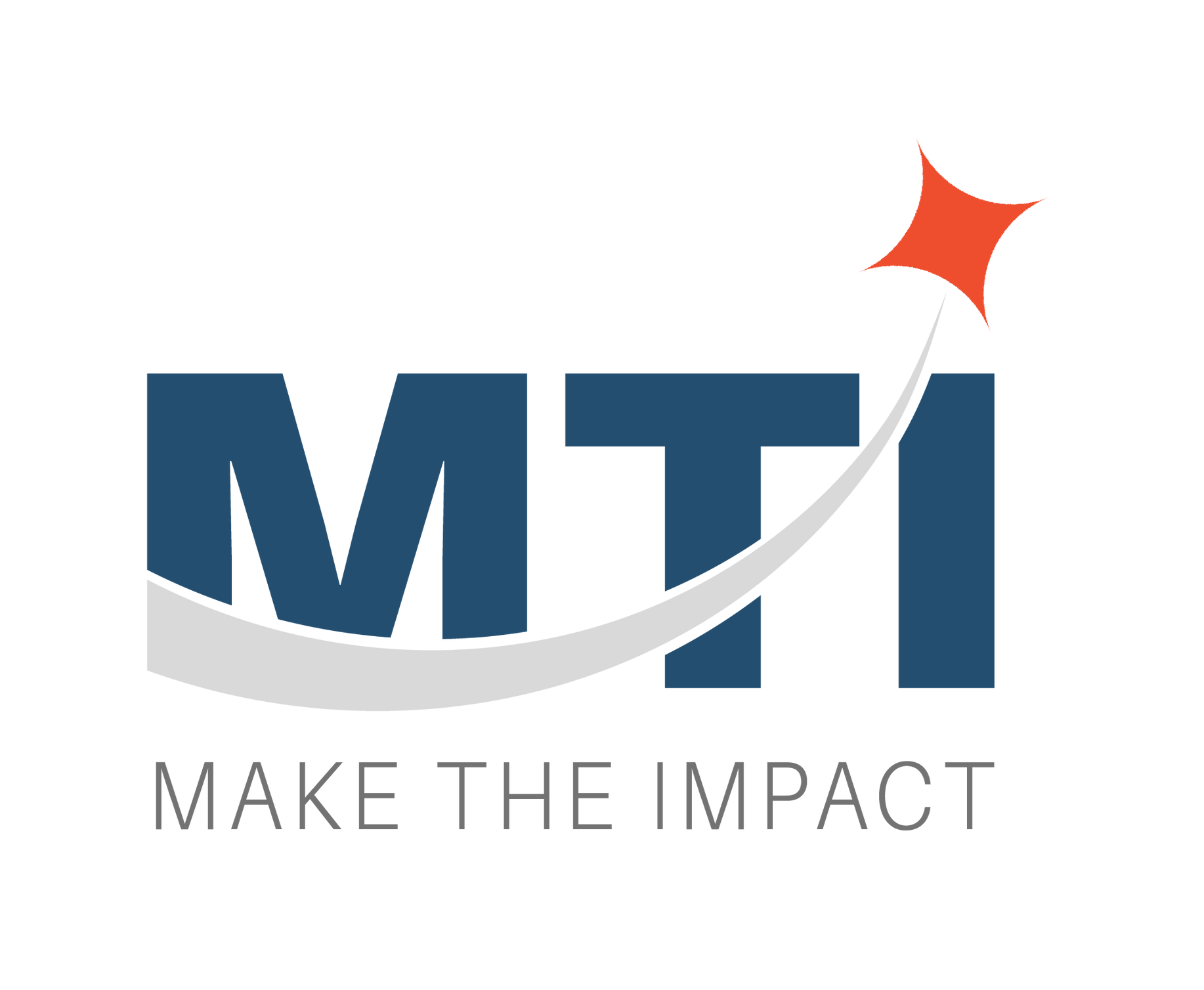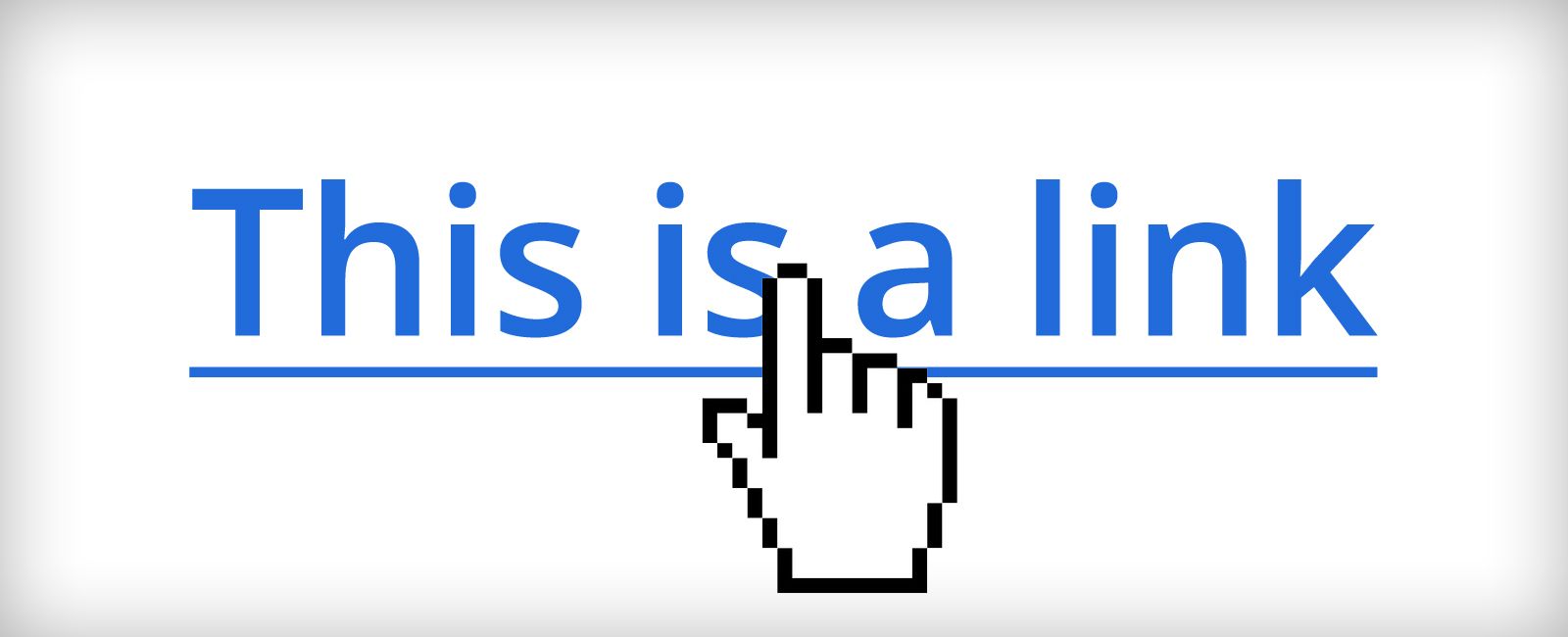Meta Description Tags: Do They Matter to Search Engines?
A Guide To Meta Descriptions

Have you ever noticed the brief snippets of text that appear below website links in your search engine results? These are called meta description tags. In this blog, we'll explore what meta description tags are, how they can impact your website traffic, and why they are crucial for small business owners and website operators.
What is a Meta Description Tag?
A meta description tag is an HTML element that provides a brief summary of a webpage's content. This summary appears in search engine results pages (SERPs) below the page title and URL. It's designed to give users a snapshot of what they can expect from the page, helping them decide whether to click on the link or not.
Example of a Meta Description Tag:

How Meta Description Tags Affect SEO
No Direct SEO Benefit
Meta description tags themselves do not directly influence search engine rankings. Google has stated that these tags are not part of their ranking algorithm. However, this doesn't mean they are not important.
Greater Click-Through Rate (CTR)
A well-crafted meta description can significantly increase your CTR. When users see a relevant and compelling description, they are more likely to click on your link. Search engines like Google pay attention to user behavior. If more people click on your link from the search results, it indicates that your page is relevant, potentially improving your position in the SERPs.
Examples of Good and Bad Meta Descriptions
Good Meta Descriptions
- Clear and Relevant:
- "Discover the top 10 tips for improving your website's SEO and driving more traffic to your site. Learn more now!"
- Why it’s good: It's concise, informative, and encourages action.
- Compelling and Actionable:
- "Want to boost your online sales? Check out our expert guide on e-commerce marketing strategies."
- Why it’s good: It addresses a specific need and invites the reader to learn more.
Bad Meta Descriptions
- Vague and Uninformative:
- "We offer a range of services to meet your needs. Visit our website for more."
- Why it’s bad: It’s generic and doesn’t provide any specific value.
- Keyword Stuffing:
- "SEO, SEO tips, best SEO tips, SEO strategies, SEO guide, improve SEO."
- Why it’s bad: It’s repetitive and focuses on keywords rather than providing useful information.
Number of Characters
Meta descriptions should be between 150-160 characters. This ensures your entire description is displayed in search results without being cut off. Keeping within this range helps you provide a clear and complete message to potential visitors.
Crafting Actionable Meta Descriptions
Include Key Phrases
Ensure your meta description includes key phrases relevant to the page content. This not only helps in catching the user’s eye but also assures them that your page contains the information they’re searching for.
Match Page Content
Your meta description should accurately reflect the content of the page. Misleading descriptions may increase clicks in the short term, but if users don’t find what they expect, they’ll quickly leave, increasing your bounce rate.
Unique to Your Site
Each page on your website should have a unique meta description. Duplicate descriptions can confuse search engines and users, making it harder for your site to stand out in search results.
Specific and Relevant
Make your meta descriptions specific and relevant to the content on the page. Avoid generic phrases and focus on what makes your page unique and valuable.
Call to Action (CTA)
Including a CTA in your meta description can prompt users to click on your link. Phrases like "Learn more," "Find out," or "Discover how" can be very effective.
Meta description tags may not directly affect your SEO rankings, but they play a vital role in attracting users to your website. A well-written meta description can improve your CTR, indirectly boosting your SEO score. By focusing on clear, relevant, and unique descriptions, you can enhance your website’s visibility and drive more traffic.
Need more help understanding SEO? Get a free SEO audit today and discover how your current website ranks. Then contact Make The Impact for a free consultation and take the first step towards better website performance. Start today and see the difference it makes!








